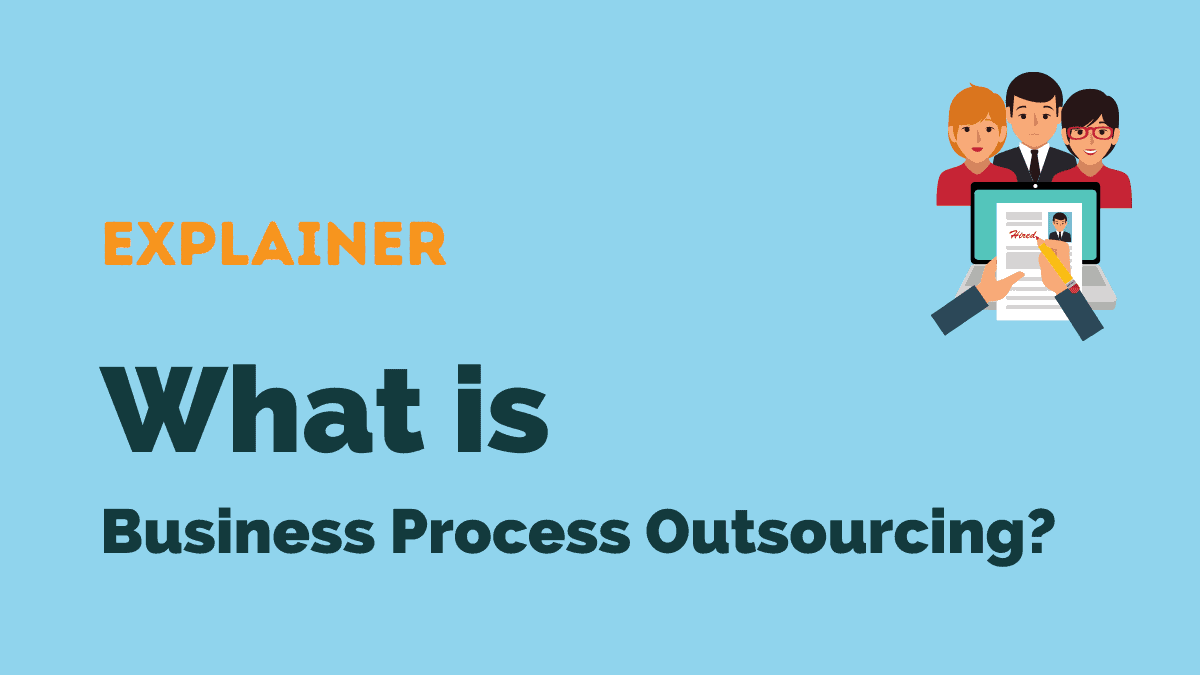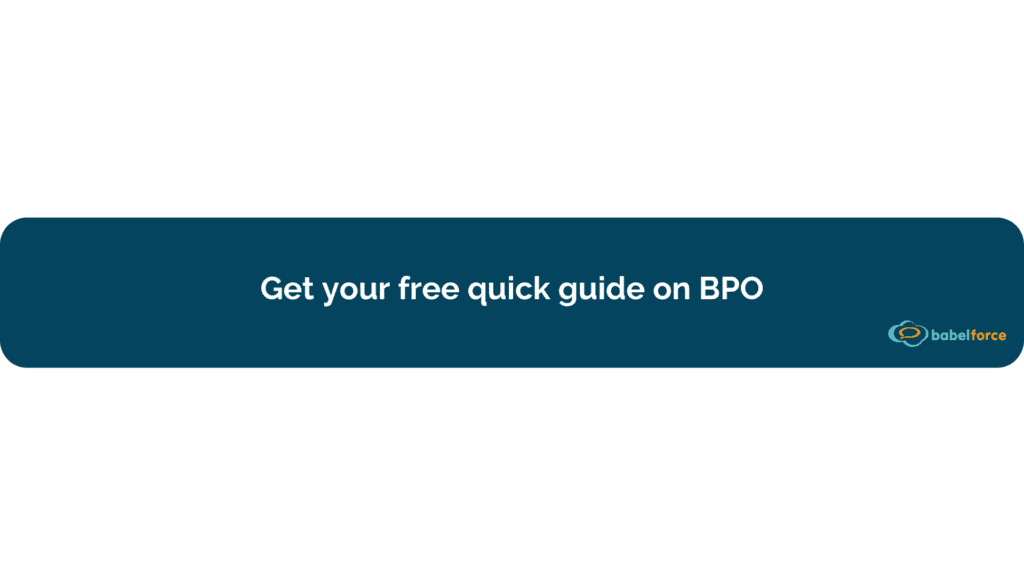In this post:
- What is Business Process Outsourcing?
- Why use a BPO?
- Key BPO benefits
- Key BPO risks
- Should you use a BPO?
What is Business Process Outsourcing?
Business Process Outsourcing is a contractual agreement where businesses pay an external service provider to manage specific tasks.
These are usually essential front-office or back-office tasks and can sometimes be fairly complex.
This kind of outsourcing is very common for both inbound call centers and outbound call centers.
BPO is also used to refer to a ‘Business Process Outsourcer’ i.e. the company which performs the tasks.
These BPOs often specialize in routine administrative and support functions, such as:
- Interpreting medical test data
- Verifying account activity
- Processing sales
- Outbound call center services
- Conducting surveys and other research
- Vetting candidates for credit or employability
- Managing infrastructure like IT systems
Why use a BPO?
There are a lot of reasons that businesses outsource some of their workload.
It can be cheaper, faster and more efficient to hand over select tasks to specialists, and it frees up in-house personnel for more dynamic roles.
With certain kinds of work – say, data entry – there is often no specific value to having in-house staff perform the task.
(For example: you probably want your best in-house sales people handling high-value client relationships… but you don’t care who updates your records, so long as it gets done!)
What’s more, BPOs may have existing access to specific markets, call center technologies or equipment that improves the general performance of an organization.
For these reasons, BPOs can appeal to almost any size of company.
On one hand, it’s typically the very largest organizations that can extract the biggest reduction in cost due to economies of scale.
On the other, small and medium-sized companies can access a significant benefit from working with BPOs: it becomes far easier for them to compete with their larger rivals.
Key BPO benefits:
- Reduced need to recruit full-time employees
- Lower overall cost for certain processes
- A more scalable workforce
- Pre-existing expertise
- Access to specific tools and data
- Guaranteed KPIs
- Access to new timezones
What are the potential drawbacks?
Working with a BPO does bring risks.
For example, many outsourced processes require the BPO to interact with your clients or the public.
When acting on your behalf, BPO representatives may even identify themselves as employees of your organization.
This brings a risk of reputational damage which is largely out of your control.
Another risk is that using a BPO may not ultimately work out any cheaper than employing and training new staff.
That’s fairly unusual, but it’s certainly worth taking a very close look at your BPO contract for any chance of hidden or spiralling costs.
Key BPO risks:
- There’s a risk of hidden costs
- You don’t ‘own’ the skills the BPO workers develop
- It can be disruptive in the short-term
- There’s an inherent security risk in sharing data or business information
Should you use a BPO?
Ultimately, the decision to work with an outsourcing company comes down to risk versus reward.
If you can set very clear expectations and back those up with concrete KPIs, you’re on the right track.
If you can demonstrate that there is some strong tangible benefit to outsourcing the work – scalability, reduced cost, professionalization of internal staff – then your business case is shaping up.
Finally, if you can be 100% sure that your brand is in safe hands with your BPO of choice, you probably do have an iron-clad reason to work with them.






